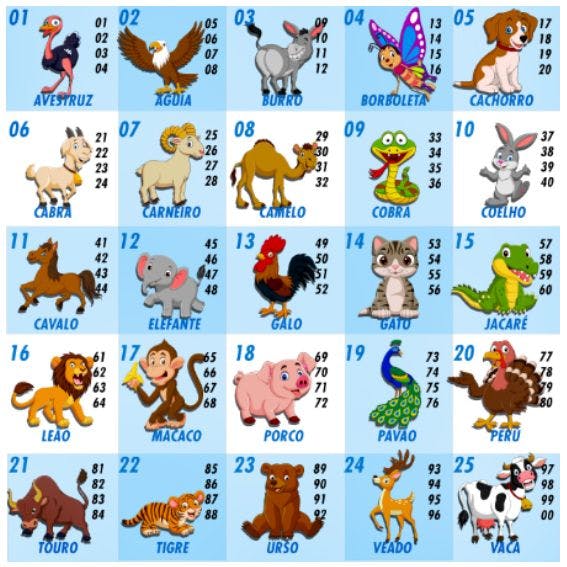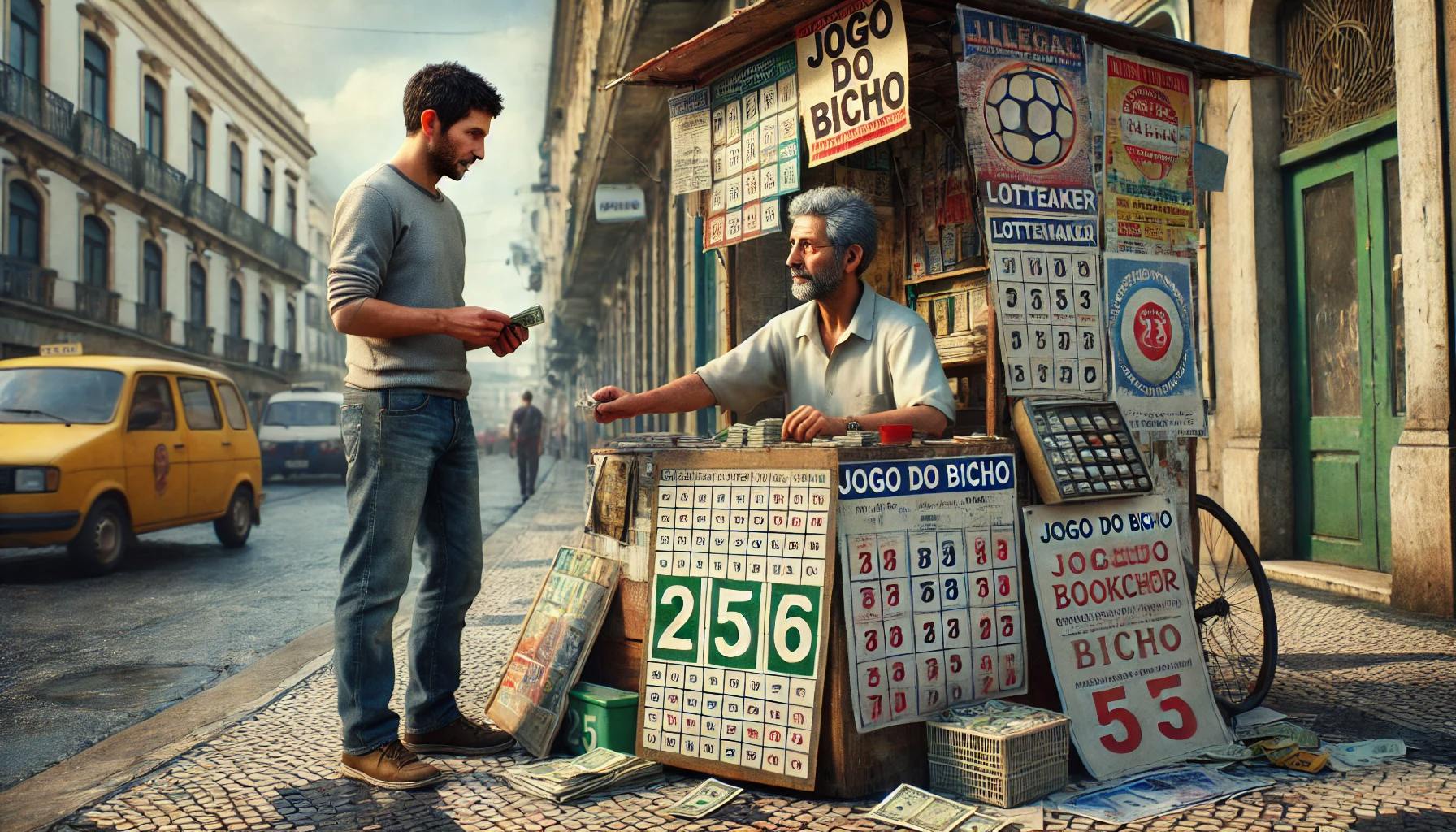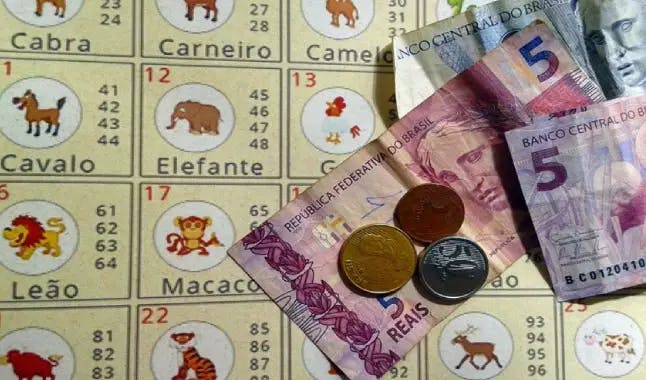The Jogo do Bicho: How Brazil's Most Popular Illegal Bet Survives Over Time
Even after being outlawed for decades, the Jogo do Bicho remains deeply rooted in Brazilian culture. Understand why this type of bet still attracts thousands of players, its risks, and how it remains relevant in various regions.
The Lottery House
tags:
jogo do bicho
curiosity

The Illegal Bet That Resists Time and Law in Brazil
Jogo do Bicho is one of the oldest and most popular forms of gambling in Brazil. Although illegal, this type of game remains present in various regions of the country, attracting a loyal base of bettors from different age groups and social classes. Created in the late 19th century, Jogo do Bicho has survived decades of prohibitions and social changes, maintaining its relevance through an underground network deeply rooted in popular culture. But why, even after so much time and in the face of illegality, does it continue to be so attractive to Brazilians? And what are the risks involved for those who participate in this game? In this article, we will explore the history of Jogo do Bicho, the reasons for its continued popularity, and the social and economic impacts of its existence.
The History of Jogo do Bicho

Jogo do Bicho was created in 1892 by entrepreneur João Batista Viana Drummond, founder of the Rio de Janeiro zoo. At the time, the game was conceived as a creative way to attract visitors to the zoo. It operated in a simple manner: an animal was chosen to represent a number, and at the end of the day, one of the visitors would win a prize if the animal drawn was the same as their bet.
The game was basically harmless in the beginning, a promotional strategy that quickly became popular. However, its unregulated nature caused it to spread uncontrollably, expanding beyond the zoo and becoming a widely practiced form of betting in Brazil.
In 1946, Jogo do Bicho was formally banned by a decree law that also prohibited casinos in Brazil. However, the game had already spread to various regions, with an informal network of "bicheiros" and "banqueiros" facilitating the bets. The prohibition, instead of ending the practice, pushed it into clandestinity, where it continued to grow.
How Jogo do Bicho Works

Jogo do Bicho is based on numbers associated with animals. Each of the 25 animals has a sequence of four numbers ranging from 00 to 99. The basic structure is as follows:
1 - Ostrich: 01, 02, 03, 04
2 - Eagle: 05, 06, 07, 08
And so on, up to number 25 (cow).
Players choose a number or set of numbers and place their bets, hoping that the drawn number falls within the sequence corresponding to the chosen animal. The draws usually take place at the end of the day, and the prizes are paid directly by the game's bankers.
Unlike other forms of regulated lotteries and bets, Jogo do Bicho is informal and depends on a vast network of clandestine operators. This lack of official regulation means that the rules can vary from region to region, but the basic principle remains the same.
Why is Jogo do Bicho Still So Popular?

Even with the formal prohibition and the risks involved, Jogo do Bicho maintains a loyal base of players. Some of the reasons for its popularity include:
Accessibility: Jogo do Bicho is very accessible to the population. There's no need to go to a casino or access an online platform; just find a local "banker" to place your bet. In many regions, bets are placed in bars, small shops, or even with street vendors.
Simplicity: Unlike other lotteries, Jogo do Bicho is extremely simple to understand and participate in. There's no need for big calculations or complex strategies; players choose a number or animal, place the bet, and wait for the draw.
Immediate Prizes: In Jogo do Bicho, prizes are paid directly and almost always on the same day as the draw, something many bettors find attractive. This contrasts with official lotteries, where there may be a waiting period for the prize payout.
Cultural Tradition: Jogo do Bicho is part of Brazilian popular culture. In many regions, participating in the game is almost a daily ritual, and some families have been playing for generations. This familiarity and the tradition associated with the game make it difficult to eradicate.
Low Cost: Another factor that attracts bettors is the low entry cost. Bets in Jogo do Bicho are typically of very low values, allowing people from all social classes to participate, especially those with low income.
The Risks Involved in Jogo do Bicho

Although Jogo do Bicho may seem harmless, the reality is that it involves several risks, both to the bettors and to society in general.
Lack of Regulation: As an illegal activity, Jogo do Bicho offers no guarantees to bettors. There is no government oversight, and players are at the mercy of the game's "bankers." In cases of fraud or issues with prize payments, bettors have no one to turn to.
Economic Harm: Although Jogo do Bicho is a low-cost bet, it can result in significant losses for players, especially those who play frequently. In low-income regions, the game can become a form of "escape" from financial reality, exacerbating personal and family economic issues.
Encouragement of Addiction: Like other forms of gambling, Jogo do Bicho can cause addiction. Addicted players can end up compromising their savings and generating debt, worsening their living conditions. Additionally, the absence of regulation means there are no formal treatment programs for those addicted to this type of game.
Jogo do Bicho in the Digital Age

With the popularization of the internet and smartphones, Jogo do Bicho has also adapted to the digital environment. Clandestine platforms offer online versions of the game, further expanding its reach. This facilitates access for players and allows the game to continue operating outside the control of authorities.
These platforms offer the same betting and draw structure as traditional Jogo do Bicho, but the anonymity of the internet makes it even harder to track and control these operations. This also represents an increase in the risks of fraud and non-payment of prizes.
Conclusion:

Jogo do Bicho is a unique phenomenon in Brazil, blending tradition, popular culture, and illegality. Despite its formal prohibition, it continues to attract thousands of players daily, especially in areas where informality and proximity to communities make it accessible and attractive. However, the risks associated with Jogo do Bicho and the lack of regulation are important issues that should be considered by those who participate in or advocate its legalization.
Over the years, the Jogo do Bicho has shown remarkable resilience, adapting to new technologies and maintaining its relevance. The future of this practice is still uncertain, but one thing is clear: Jogo do Bicho will continue to be part of the Brazilian imagination for a long time.